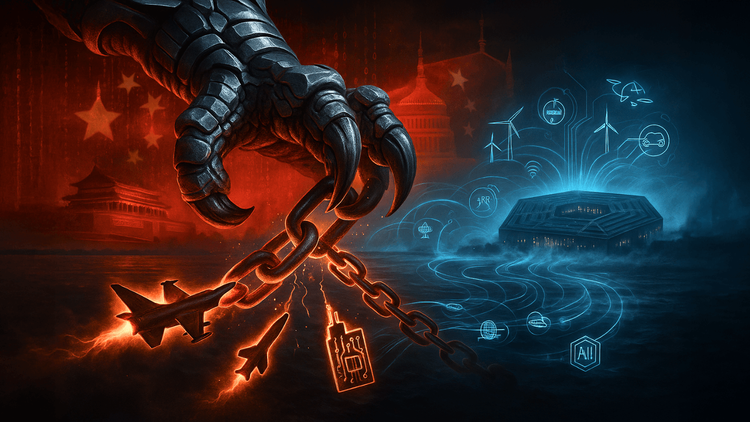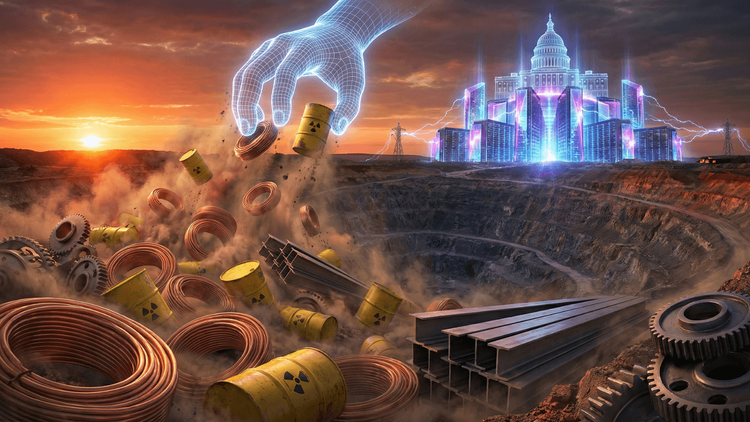Beijing’s New Export System Tightens the Grip on U.S. Defense Supply Chains
China’s new “validated end-user” system signals a tactical loosening for EV and tech manufacturers, and a tightening chokehold on U.S. defense supply chains.

In a geopolitical chess move that's as strategic as it is sly, China is devising a new export control system for rare-earth magnets and related materials, designed to loosen the spigot for civilian companies while firmly shutting it off for those linked to the U.S. military. This "validated end-user" framework, as Beijing calls it, promises faster approvals for non-defense firms, potentially smoothing supply chains for everything from electric vehicles to consumer electronics. But for Pentagon contractors? Consider it a polite "no entry" sign, ensuring critical minerals don't fuel American weaponry amid escalating trade tensions.
The plan, first revealed by The Wall Street Journal, comes as no surprise in the ongoing U.S.-China tech tussle. China has long held the reins on the global rare-earth market, commanding around 60-70% of mining output and over 85% of refining and magnet production since the 1990s. These elements are the unsung heroes behind high-tech wonders like fighter jets, missiles, drones, wind turbines, and AI hardware. The U.S., heavily reliant on these imports, has been scrambling to build alternatives, with the Department of War mandating a phase-out of China-sourced rare-earth magnets in defense systems by 2027. Yet, experts warn that ramping up domestic or allied supplies could take five to ten years, leaving American industries vulnerable in the interim.







